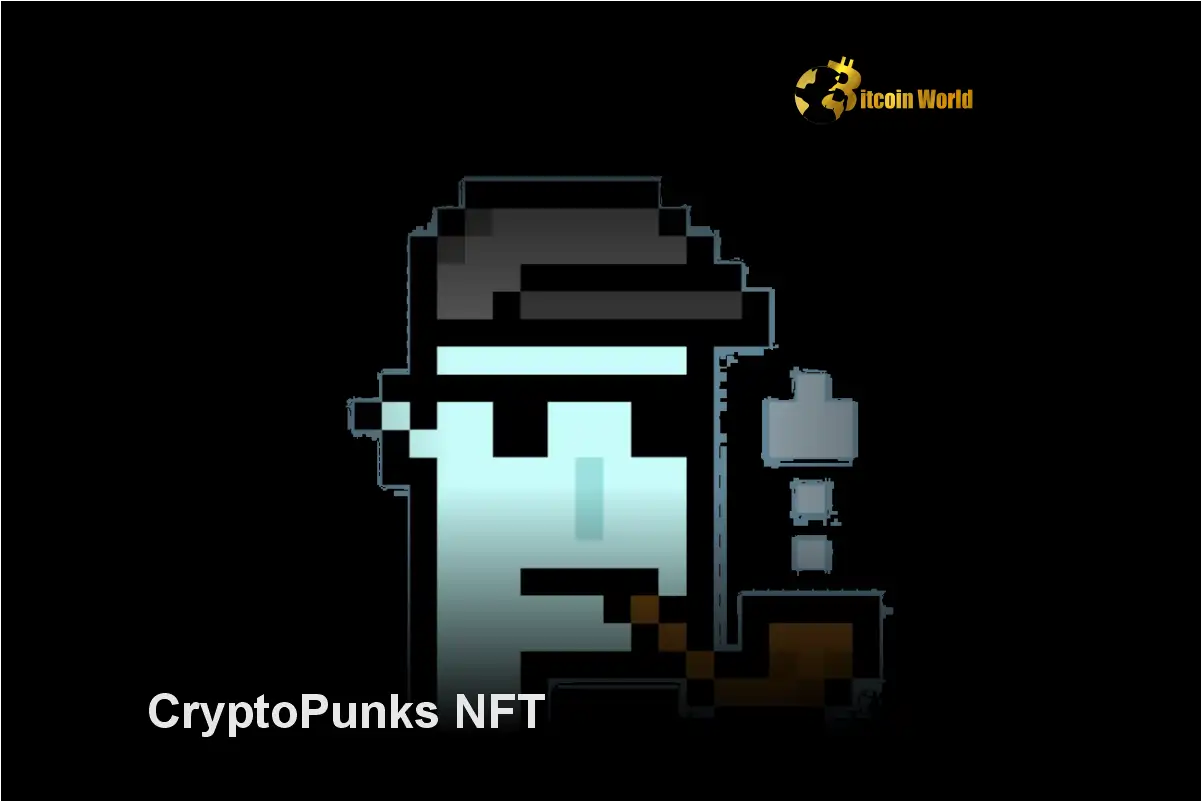Is artificial intelligence poised to take over all coding tasks? Not so fast, according to a fascinating new study from Microsoft Research. While AI models are increasingly touted as programming assistants, even the most advanced ones are still facing significant hurdles when it comes to a crucial aspect of software development: AI debugging. This research offers a sobering reality check amidst the hype surrounding AI’s coding prowess and its potential impact on the cryptocurrency and blockchain space, where robust and error-free code is paramount.
The Surprising Struggle of AI Models with Software Bugs
We’ve heard the bold claims. Google’s CEO mentioning that a quarter of their new code is AI-generated. Meta’s ambitions to infuse AI coding tools throughout their operations. These pronouncements paint a picture of rapid AI dominance in software creation. However, the Microsoft study throws a wrench in this narrative, revealing that when it comes to resolving software bugs, AI models from giants like OpenAI and Anthropic are often stumped by issues that seasoned human developers would easily resolve.
The study meticulously tested nine different AI models, including Anthropic’s Claude 3.7 Sonnet and OpenAI’s o3-mini, using a benchmark called SWE-bench Lite. The results? Even with access to debugging tools like a Python debugger, these models, acting as “single prompt-based agents,” struggled to complete more than half of the 300 debugging tasks. Claude 3.7 Sonnet, the top performer, only achieved a 48.4% success rate. This underwhelming performance raises critical questions about the current capabilities and limitations of AI in coding.
| Model | Success Rate |
|---|---|
| Claude 3.7 Sonnet | 48.4% |
| OpenAI’s o1 | 30.2% |
| OpenAI’s o3-mini | 22.1% |
Source: Microsoft Research Study
Why Do Top AI Models Fail at Code Debugging?
The study delves into the reasons behind these shortcomings. One issue is the AI’s ability to effectively utilize debugging tools. Models sometimes struggle to understand which tool is appropriate for which type of bug. However, the researchers pinpoint a more fundamental problem: data scarcity.
Current AI models are trained on vast datasets, but the study suggests there’s a lack of data representing the iterative, step-by-step process of human debugging. These “sequential decision-making processes,” or human debugging traces, are crucial for training AI to become proficient debuggers. Think about it: debugging isn’t just about spotting an error; it’s about methodically investigating, testing hypotheses, and using tools strategically to isolate and fix the root cause. This complex process seems to be missing from the training data of current AI.
The researchers believe that targeted training or fine-tuning with specialized data focused on debugging interactions could significantly improve AI performance. This specialized data would ideally include “trajectory data” – records of AI agents interacting with debuggers to gather information before suggesting fixes.
Is This the End of AI Coding Assistants?
Absolutely not. While these findings might seem discouraging, they provide valuable insights into the current state of AI coding tools. It’s important to remember that this is still early days for AI-powered coding assistance. The Microsoft study doesn’t negate the progress made; instead, it highlights areas where further development is needed.
It’s also worth noting that previous research has indicated that code generated by AI can sometimes introduce security vulnerabilities and errors due to limitations in understanding programming logic. A recent evaluation of Devin, a prominent AI coding tool, showed it could only complete a small fraction of programming tests. The Microsoft study adds another layer to this understanding, focusing specifically on the debugging challenge.
The Human Element Remains Crucial in Coding
Despite the buzz around AI automation, many tech leaders emphasize the enduring role of human programmers. Microsoft co-founder Bill Gates, Replit CEO Amjad Masad, and IBM CEO Arvind Krishna, among others, believe that programming as a profession is here to stay. This study reinforces that perspective, showing that human expertise remains essential, especially in critical tasks like debugging.
While AI can undoubtedly assist with coding, automating repetitive tasks and potentially speeding up development workflows, it’s not yet ready to replace human developers, particularly when it comes to the nuanced and complex process of code debugging. For the cryptocurrency world, where code integrity is paramount for security and trust, this is a vital consideration.
Key Takeaways:
- AI models are not yet proficient debuggers: Even top models struggle with software bugs that human developers find straightforward.
- Data scarcity is a major hurdle: Lack of training data representing human debugging processes limits AI performance.
- Human expertise remains essential: AI coding tools are assistants, not replacements for skilled developers, especially in debugging.
- Focus on specialized training data: Future AI improvements in debugging will likely depend on targeted training with debugging-specific datasets.
- Realistic expectations are crucial: While AI coding assistance is valuable, it’s important to understand its current limitations, particularly in critical domains like cryptocurrency and blockchain development.
Looking Ahead: The Future of AI and Debugging
The Microsoft study serves as a crucial reminder: AI is a powerful tool, but it’s still under development, particularly in complex domains like software engineering. While AI coding assistants will undoubtedly continue to evolve and improve, the human element in software development, especially in ensuring code quality and security through effective debugging, remains indispensable. For the cryptocurrency and blockchain industries, this means a continued reliance on skilled human developers to build and maintain robust and secure systems, even as AI tools become more sophisticated. The path forward involves focusing on developing specialized training datasets and refining AI models to better mimic and augment human debugging expertise.
To learn more about the latest AI market trends, explore our article on key developments shaping AI features.
[ad_2]
Source link






